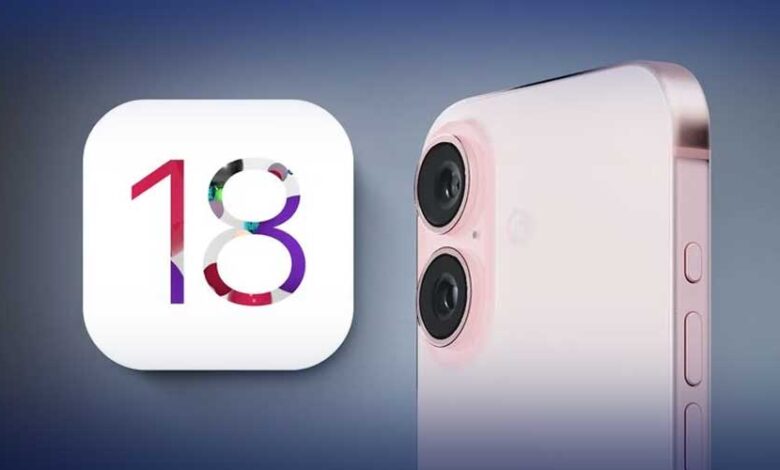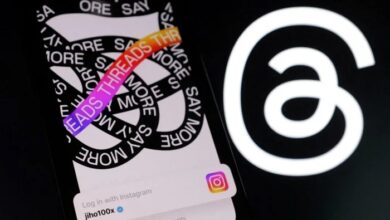
In the lead-up to Apple’s highly anticipated WWDC 2024 event, speculation is rife regarding the tech giant’s plans for its upcoming iOS 18 update. A fresh rumor, initially surfaced by MacRumors, suggests a potential shift in Apple’s software support strategy, with indications that older iPhones may face delays in receiving the iOS 18 upgrade.
According to the report, there’s a possibility that all devices currently running on iOS 17 may not be immediately eligible for the iOS 18 update. Instead, Apple could be focusing its software support on a select range of newer iPhone models.
So, which iPhones are expected to be in the iOS 18 lineup? Here’s the rumored list:
- iPhone 15, iPhone 15 Plus, iPhone 15 Pro, iPhone 15 Pro Max
- iPhone 14, iPhone 14 Plus, iPhone 14 Pro, iPhone 14 Pro Max
- iPhone SE (2022)
- iPhone 13, iPhone 13 mini, iPhone 13 Pro, iPhone 13 Pro Max
- iPhone 12, iPhone 12 mini, iPhone 12 Pro, iPhone 12 Pro Max
- iPhone SE (2020)
- iPhone 11, iPhone 11 Pro, iPhone 11 Pro Max
- iPhone XS, iPhone XS Max, iPhone XR
For users of older iPhone models, this news raises concerns about the future software support for their devices. While the iOS 18 update promises exciting new features, it’s important to note that not all iPhones may receive the full suite of enhancements.
The potential exclusion of iPhones dating back to 2018 suggests that users of older devices may need to manage their expectations regarding software capabilities. Despite this, there’s still hope that Apple will continue to provide essential updates and security patches for older devices, albeit with potentially limited access to the latest features.
In line with industry trends, Apple is expected to prioritize AI enhancements in iOS 18, following in the footsteps of competitors like Samsung, OnePlus, and Google. These enhancements aim to deliver improved privacy, speed, and feature availability, setting the stage for a more intelligent and intuitive user experience.
However, the question remains whether older iPhones have the processing power to support these modern AI use cases. While Apple introduced its Neural Engine with the iPhone X in 2017, earlier generations may struggle to keep up with the demands of advanced AI functionalities.
As WWDC 2024 draws nearer, the frequency and veracity of these rumors are likely to increase. While users eagerly await official confirmation from Apple, it’s essential to stay informed and prepared for potential changes to their device’s software support.
In the meantime, as speculation mounts, users are encouraged to stay tuned for updates and insights leading up to the highly anticipated WWDC 2024 event. Rest assured, we’ll be here to keep you informed every step of the way.



